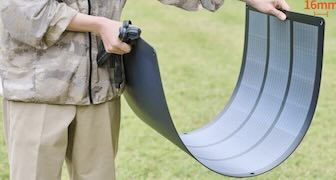TOKYO, Sep 28 (pharmalive.com) - Japan’s population level immunity to COVID-19 has reached about 90% in major population areas after a recent Omicron wave, though that level of protection is likely to diminish in a matter of months, according to a study published on Tuesday.
That level of so-called “herd immunity” reflects partial protection imparted from both natural infection and vaccination, according to the Tokyo Foundation of Policy Research, which estimated the levels for 12 of Japan’s most-populated prefectures.
People in Tokyo, Osaka and the southern prefecture of Okinawa got most of their immunity through contagion amid high case counts in those areas, particularly during a seventh wave of infections that peaked last month, the researchers found.
About 65% of Japan’s population have received at least one COVID vaccine booster shot, compared to about 33% in the United States, based on government data. ...continue reading















